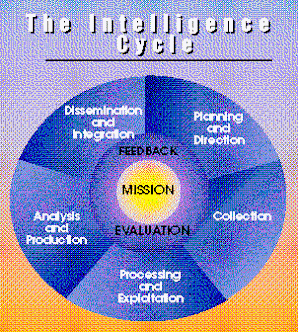A pragmatic fight for animal rights
In recent years, there has been a controversy swirling in animal rights circles, as some people such as Victor Schonfeld object to the work of groups such as Peta, which, while abolitionist and determined to get animals off the dinner plate and out of the fur farms, circuses and laboratories, have nevertheless been working with corporations to achieve animal welfare reforms within their industries. A few outspoken critics of such "half measures" or "baby steps" have gone so far as to argue against Peta's campaigns for improved slaughter practices for chickens, better living conditions for hens and larger cages for animals in laboratories. We find this attitude unhelpful to the goal of animal liberation.
Not only is it possible to work for an end to animal slavery while simultaneously supporting incremental change, moving the bar closer to that goal also seems to us to be an important step. Yes, it is more comfortable for industry and consumers alike, but short of a bloody revolution of the sort history has witnessed in other social movements, it is also nearly impossible to move a society forward in any other way. The vast majority of people, if they care about animals − and consumer surveys show that they do − support incremental improvements, even if the increments are far from wholly satisfactory to the animals, who would rather not be caged and mutilated, hung upside down and killed, and to the liberationists, who chafe at such slow progress. It seems obvious that society is more likely to progress in a way that causes particularly abusive systems to be improved or eliminated before full animal liberation is achieved.


0 comments:
Post a Comment